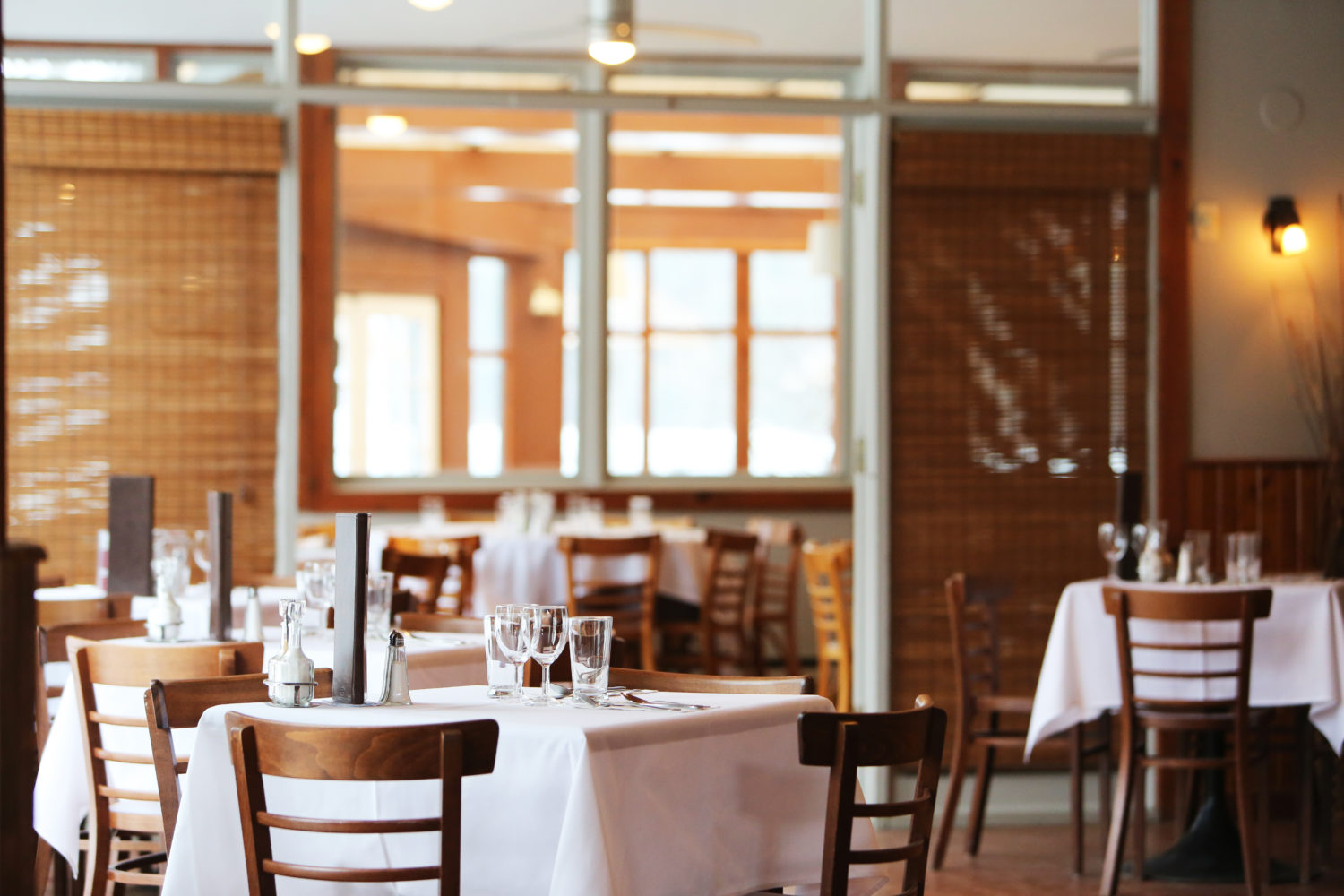Title: Restaurant Loans and Financing: Fuelling Business Growth
Introduction:
In today’s competitive restaurant industry, securing adequate financing is often a crucial aspect for the success and expansion of your business. Restaurant loans can provide the necessary capital to help you grow, renovate, purchase equipment, hire additional staff, or even open a new location. This blog post will delve into the intricacies of restaurant loans and financing, including how they work, eligibility criteria, costs involved, and the pros and cons associated with them.
Understanding How Restaurant Loans Work:
Restaurant loans are similar to traditional business loans, but with specific provisions tailored to the unique needs and challenges of the restaurant industry. The loan amount, terms, and repayment structure are typically based on the financial health, credit history, and projected revenue of your establishment.
An Example of Restaurant Financing:
Consider a scenario where you operate a small restaurant and want to expand your seating capacity. You estimate that the project will cost $100,000, which you do not have readily available. A restaurant loan can provide the required funds to cover the expenses. Once approved, the loan can be used to purchase furniture, hire contractors, conduct renovations, and any other related expenses. Repayment terms can range from a few months to several years, depending on the agreement with the lender.
Eligibility Criteria for Restaurant Loans:
While each lender may have their specific requirements, common factors for qualifying for restaurant loans often include:
1. Strong credit history: A good personal and business credit score demonstrates your ability to meet financial obligations.
2. Financial stability: Lenders assess the financial health of your business, including its revenue, profitability, and cash flow.
3. Industry experience: Operational experience in the restaurant industry helps reassure lenders of your ability to run a successful establishment and increases your eligibility.
4. Collateral or personal guarantee: Some lenders may require collateral, such as real estate, equipment, or even personal assets, to secure the loan.
5. Business plan: A well-structured business plan outlining your growth strategy, financial projections, and repayment plans can enhance your chances of approval.
Costs Associated with Restaurant Loans:
The cost of a restaurant loan can vary depending on several factors:
1. Interest rates: Interest rates are typically determined by your creditworthiness and the lender’s evaluation of risk. Rates can range from relatively low to higher for borrowers with less favorable credit profiles.
2. Fees: Lenders may charge fees for loan origination, processing, underwriting, and closing costs. It is essential to understand the fee structure and evaluate the overall cost implications.
Pros of Restaurant Loans:
1. Capital for growth: Restaurant loans offer the much-needed capital to expand your business, open new locations, upgrade equipment, or renovate existing spaces.
2. Flexible terms: Many lenders provide flexible repayment terms, allowing you to match loan payments to your cash flow and revenue generation.
3. Building credit: Timely repayments on your restaurant loan can positively impact your credit score, making it easier to secure future financing as your business expands.
Cons of Restaurant Loans:
1. Risk exposure: Taking on a business loan places a burden on your cash flow, especially when coupled with monthly loan repayments. Ensure you have a solid repayment plan to avoid financial strain.
2. Interest and fees: The cost of borrowing, including interest and fees, can significantly impact your profitability. Thoroughly assess the terms and choose the loan option with the lowest cost of capital.
3. Qualification criteria: Some restaurant owners may find it challenging to qualify for loans due to limited credit history, lack of collateral, or insufficient industry experience.
Conclusion:
Restaurant loans and financing present valuable opportunities for restaurant owners to grow their businesses, meet expansion goals, and remain competitive in a saturated industry. Understanding the workings of restaurant loans, including eligibility, costs, and repayment terms, is crucial in making informed financial decisions that align with your long-term goals. While there are risks involved, the potential benefits that come from access to capital can outweigh the challenges, leading to increased revenue and a thriving restaurant venture.
Submit your Restaurant business loan and financing inquiry today and see if you qualify. Minimal docs. Fast reply. Funds as quick as one business day.


